#madame palatine
Text

Elizabeth Charlotte of the Palatinate, Duchess of Orléans (1652-1722). By Pierre Mignard.
#pierre mignard#royaume de france#maison de bourbon#maison d'orléans#bourbon orleans#elizabeth charlotte of the palatinate#duchesse d'orléans#madame palatine#liselotte von der pfalz#house of wittelsbach#german aristocracy#haus wittelsbach#museo del prado
12 notes
·
View notes
Note
https://twitter.com/abtliselotte/status/1522887987192897536?s=21&t=2AnuxQHUNSXk2RSuXlAqOQ
I am not the one running the Twitter account, in case that is your question, but I appreciate this person's enthusiasm for Liselotte! We need more Liselotte enjoyers in this world.
The full quote this collage alludes to runs:
Marriage is like death: the day and the hour of it are marked; no one escapes. As our Lord God wills it, so it comes to pass.
Liselotte resented having been born a woman on account of the social restrictions her station as princess imposed upon her, as compared to her brother; as a child, her interests aligned more with activities that were at the time considered to be traditionally male-coded, and all her life had, to the annoyance of her fashion-conscious husband, no liking for clothes, make-up and jewellery. As an adult, she repeatedly stated in her letters that she would have preferred to have been born a male heir and become her father's successor as Elector Palatine rather than a prince's consort, which is an interesting statement, seeing as Liselotte has sometimes been interpreted as having been uninterested in politics (which was not the case, her letters contain frequent commentary on European politics at the time).
She clearly resented not being able to live a self-determined life according to her own wishes and choices which is the constant, melancholy undertone of her often so humorous and at times explosive letters that must not be forgotten in our retrospective analysis of her character.
#thanks anon for reminding me that i still have krautsalat in the fridge#a favourite dish both of liselotte's and yours truly#ask#ask reply#anon#liselotte von der pfalz#madame palatine#madame#history#17th century#18th century#philippe d'orléans#louis xiv#france#french history#german history#palatinate
21 notes
·
View notes
Text
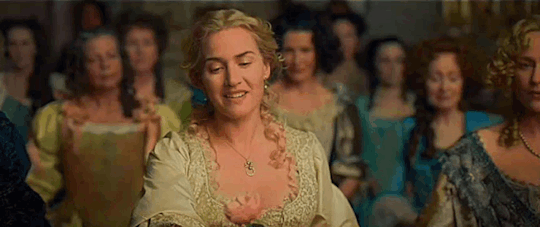



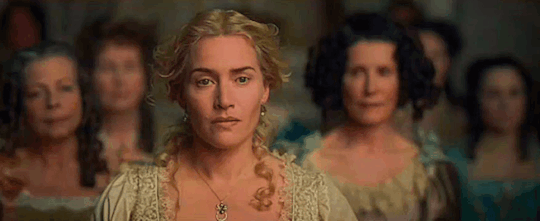


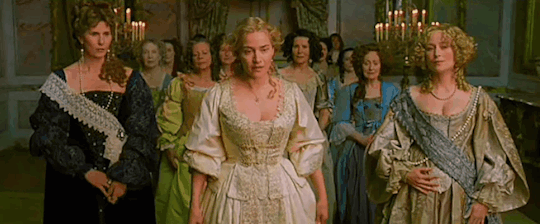
A LITTLE CHAOS (2014)
dir. alan rickman
#a little chaos#costume drama#period drama#perioddramaedit#perioddramagif#sabine de barra#kate winslet#andre la notre#matthias schoenaerts#king louis xiv#alan rickman#philippe duc d'orleans#stanley tucci#madame de montespan#jennifer ehle#princess palatine#paula paul#my gifs#mine
98 notes
·
View notes
Text
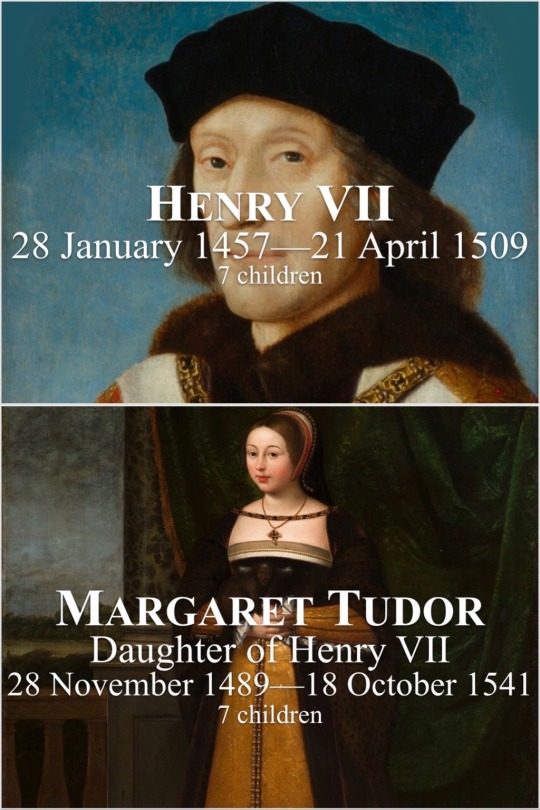



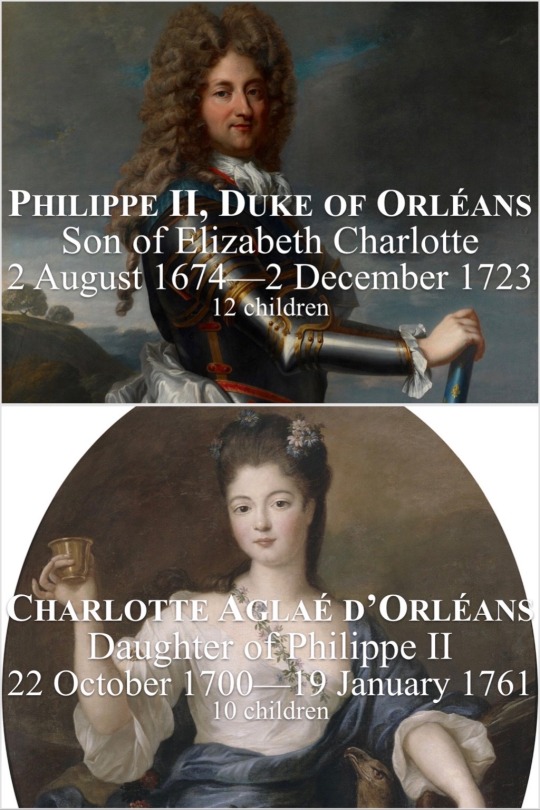
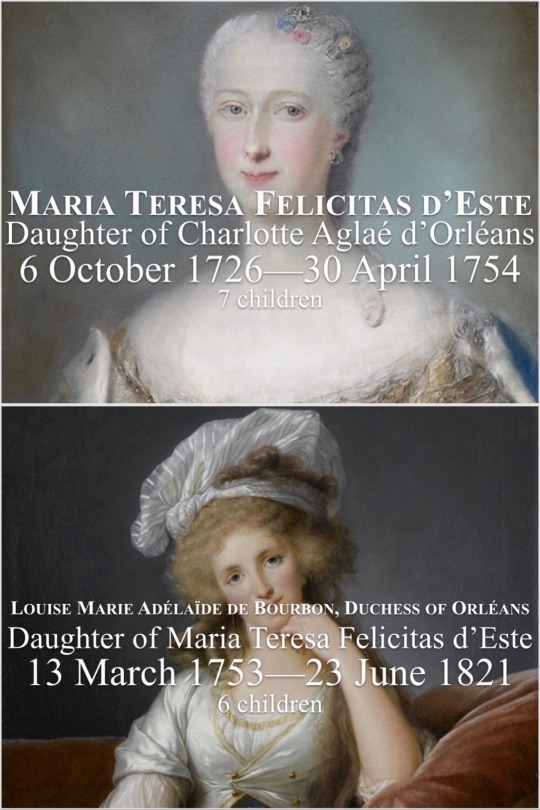

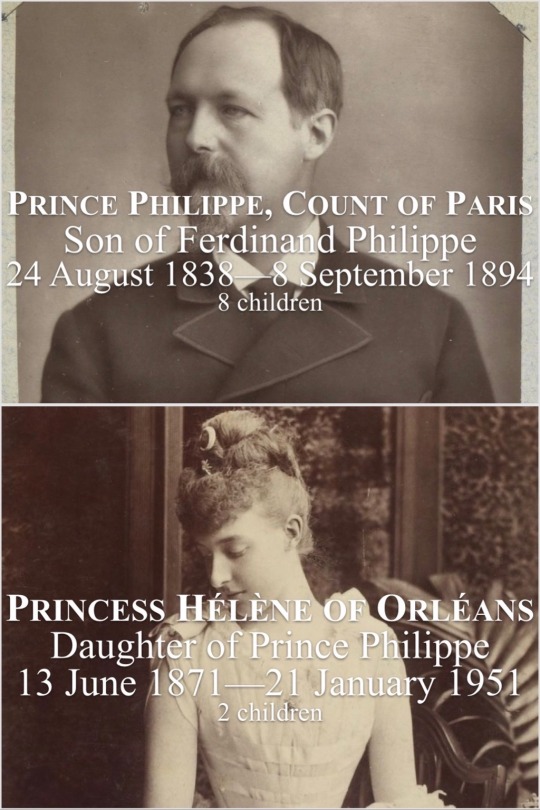
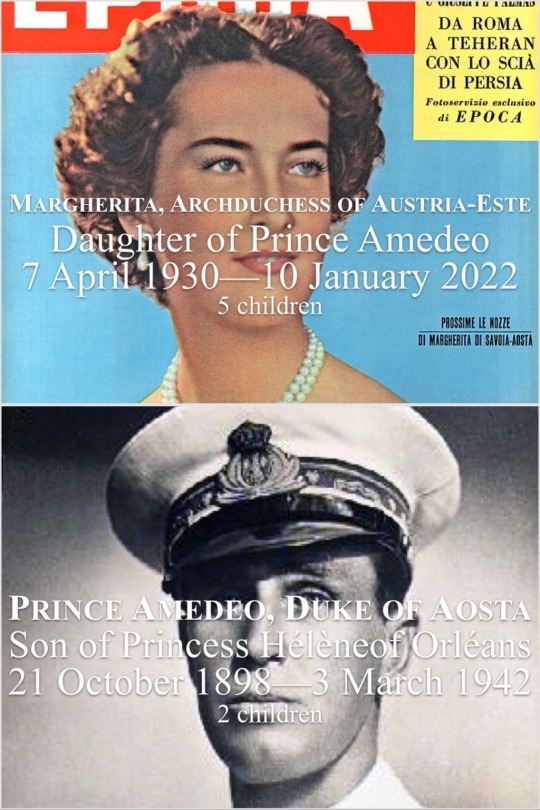

Descendants of the Tudors
#descendants of the tudors#henry vii#margaret tudor#james v#mary queen of scots#james vi and i#elizabeth stuart#charles i louis#elizabeth charlotte madame palatine#philippe ii duke of orléans#charlotte aglaé d’orléans#maria teresa felicitas d’este#louise marie adélaïde de bourbon#louis philippe i#ferdinand philippe duke of orléans#prince philippe count of paris#princess hélène of orléans#margherita archduchess of austria este#prince amedeo duke of aosta#prince lorenz#princess laetitia maria
4 notes
·
View notes
Text
"I am at present in undeserved disgrace."
As the examples of, among others, Marie de Medici, the duchesse de Longueville and the Grande Mademoiselle had demonstrated, the king's relationships with his closest female relatives was potentially as troublesome as that with any prince. After 1661, Louis XIV's principal concern was to uphold his own authority and to prevent the almost inevitable household disputes from threatening the tranquillity of his court. With so many men on active military service, Versailles during the later years of the reign was very much a feminine sphere, and disgrace was a no less constant preoccupation for aristocratic women who were determined to preserve their own personal and dynastic interests. Madame, duchesse d'Orléans, frequently returned to the theme. As a woman of trenchant and forthright views, she had struggled to remain in the king's good graces. In January 1691, she noted with pleasure that the king had paid some of her gambling debts, which she interpreted as a sign "that I am not so deeply in disgrace this year at last." Her good fortune proved short-lived, and many of her problems stemmed from her unguarded correspondence and her almost legendary hostility to the marquise de Maintenon. By September 1696, she could write venomously that:
"I am at present in undeserved disgrace. Whenever I come in the king's apartment the dirty old slut [Maintenon] withdraws and when I beg her to remain, she makes no reply but goes out with a sneer on her face. I am being treated in a very rude fashion. Every day I am forced to wait half-an-hour at the king's door before I am allowed to enter, and sometimes I am even sent away, although at the same time all the king's bastards and even Monsieur himself are in the room."
Some of her discomfiture on this and other occasions may have arisen from impatience with the dictates of protocol, but even if that was the case her sensitivity to every personal or ceremonial slight was typical of court society as a whole.
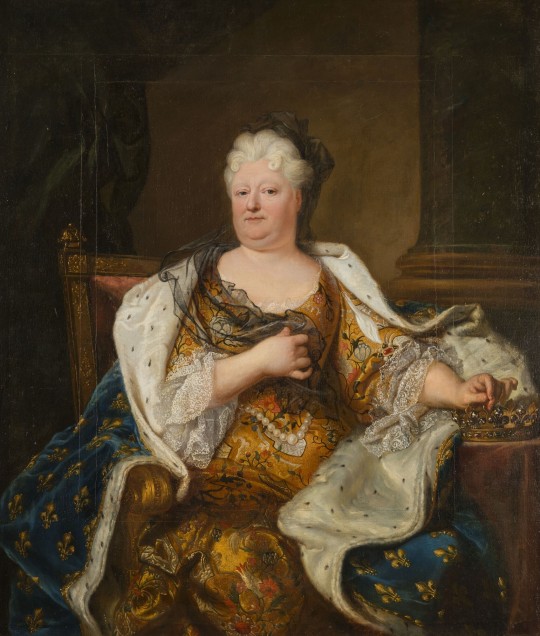
Julian Swann- Exile, inprisonment or death- The Politics of Disgrace in Bourbon France
#xvii#julian swann#exile inprisonment or death: the politics of disgrace in bourbon france#marie de médicis#anne geneviève de bourbon condé#madame de longueville#la grande mademoiselle#anne marie louise d'orléans#louis xiv#la princesse palatine#élisabeth charlotte du palatinat#madame de maintenon
18 notes
·
View notes
Note
"rn I feel like reading about someone's quiet daily life, maybe a diary or letters, set in a place or context I don't know much about, without turmoil or tragedy" oh! do you have any recommendations for books like this?
This is one of my favourite types of books! Here are 30(ish) recs...
May Sarton's The House by the Sea or Plant Dreaming Deep
Gyrðir Elíasson's Suðurglugginn / La fenêtre au sud (not translated into English unfortunately!), also Bergsveinn Birgisson's Landslag er aldrei asnalegt / Du temps qu'il fait (exists in German too)
Gretel Ehrlich's The Solace of Open Spaces, which iirc was originally written as journal entries and letters before being adapted into a book
Kenneth White's House of Tides: Letters from Brittany and Other Lands of the West
Sei Shonagon's Pillow Book
The Diary of a Provincial Lady, E. M. Delafield
Growing Up with the Impressionists: The Diary of Julie Manet
Elizabeth and Her German Garden by Elizabeth von Arnim (do not read if you don't like flowers)
The Road Through Miyama by Leila Philip (I've mentioned it before, it feels like this gif)
The Sound of a Wild Snail Eating, I keep recommending this one but it's so nice and I love snails
Epicurean Simplicity, Stephanie Mills
The Light in the Dark: A winter journal by Horatio Clare
The Letters of Rachel Henning
The letters of Tove Jansson, also The Summer Book and Fair Play
The diary of Sylvia Townsend Warner—here's an entry where she describes some big cats at the zoo. "Frank and forthcoming, flirtatious carnivores, [...] guttersnipishly loveable"
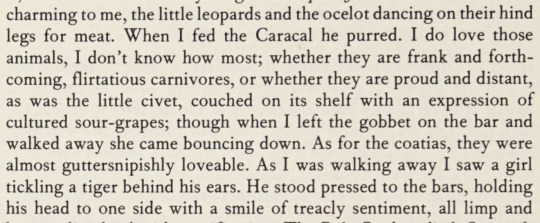
The Letters of Rachel Carson & Dorothy Freeman were very sweet and a little bit gay. I mostly remember from this long book I read years ago that Rachel Carson once described herself as "retiring into her shell like a periwinkle at low tide" and once apologised to Dorothy because she had run out of apple-themed stationery.
Jane Austen's letters (quoting the synopsis, "Wiser than her critics, who were disappointed that her correspondence dwelt on gossip and the minutiae of everyday living, Austen understood the importance of "Little Matters," of the emotional and material details of individual lives shared with friends and family")
Madame de Sévigné's letters because obviously, and from the same time period, the letters of the Princess Palatine, Louis XIV's sister-in-law. I read them a long time ago and mostly I remember that I enjoyed her priorities. There's a letter where she complains that she hasn't received the sausages she was promised, and then in the next paragraph, mentions the plot to assassinate the King of England and also, the Tartars are walking on Vienna currently.
Wait I found it:

R.C. Sherriff's The Fortnight in September (quoting the author, "I wanted to write about simple, uncomplicated people doing normal things")
A Tree Grows in Brooklyn, Betty Smith
Pond, Claire-Louise Bennett
Rules for Visiting, Jessica Francis Kane
The following aren't or aren't yet available in English, though some have already been translated in 5-6 languages:
ツバキ文具店 / La papeterie Tsubaki by ito Ogawa
半島へ / La péninsule aux 24 saisons by Mayumi Inaba
Giù la piazza non c'è nessuno, Dolores Prato (for a slightly more conceptual take on the "someone's everyday life" theme—I remember it as quite Proustian in its meticulousness, a bit like Nous les filles by Marie Rouanet which is much shorter and more lighthearted but shows the same extreme attention to childhood details)
Journal d'un homme heureux, Philippe Delerm, my favourite thing about this book is that the goodreads commenter who gave it the lowest rating complained that Delerm misidentified a wine as a grenache when actually it's a cabernet sauvignon. Important review!
Un automne à Kyôto, Corinne Atlan (I find her writing style so lovely)
oh and 西の魔女が死んだ / L’été de la sorcière by Kaho Nashiki —such a little Ghibli film of a book. There's a goodreads review that points out that Japanese slice-of-life films and books have "a certain way of describing small, everyday actions in a soothing, flawless manner that can either wear you out, or make you look at the world with a temporary glaze of calm contentment and introspective understanding [...]"
I'd be happy to get recommendations in this 'genre' as well :)
#book recs#i should have posted this ages ago but i was waiting to finish the book i was reading to see if it#should be added to the list#but in the end it wasn't worthy#sorry for the delay!
2K notes
·
View notes
Quote
Emperors shit, empresses shit, kings shit, queens shit, the pope shits, cardinals shit, princes shit, archbishops and bishops shit, priests and vicars shit.
Admit that the world is full of bad people!
For, after all, they shit in the air, they shit on the ground, they shit in the sea. The whole universe is full of shitters, and the streets of Fontainebleau are full of shit, mainly Swiss shit, because they make turds as big as you, Madame.
If you think you are fucking a beautiful little mouth with white teeth, you are fucking a shit mill. All the most delicious food, the cookies, the pies, the stuffing, the hams, the partridges, the pheasants, all of it is just to make chewed shit.
Elizabeth Charlotte, Madame Palatine to Sophie de Bohême, princesse de Hanovre, 9 October, 1694.
#french history#history#17th century#liselotte#letters#she was really unhappy about pooping when she wrote this
401 notes
·
View notes
Photo

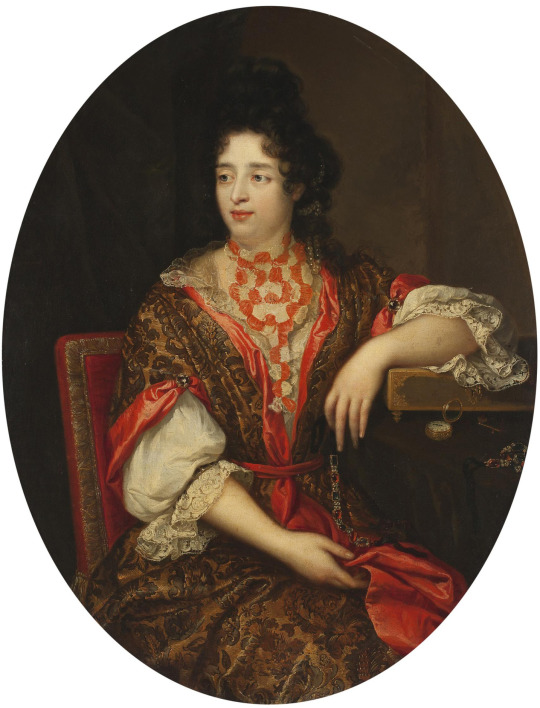

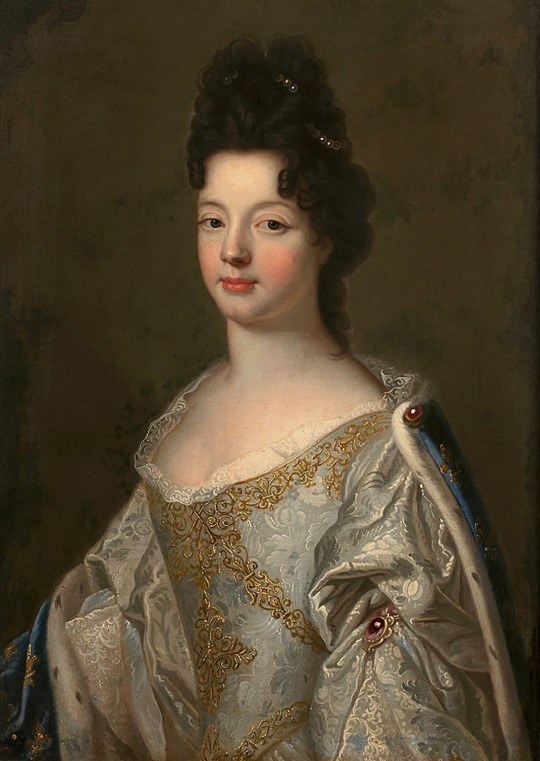
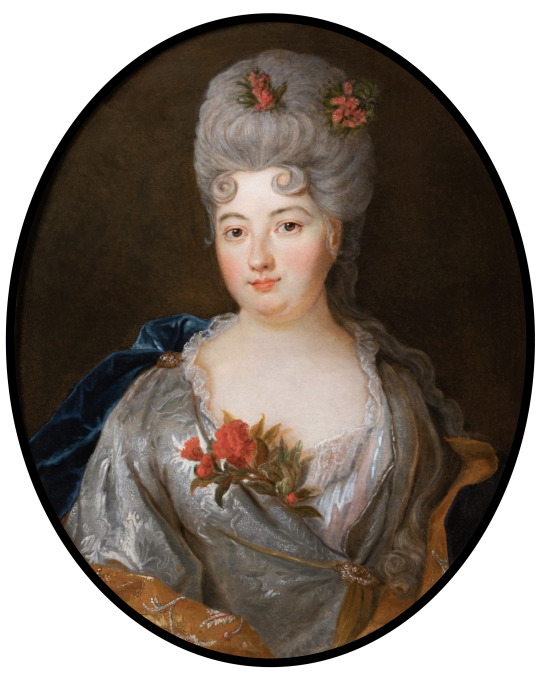

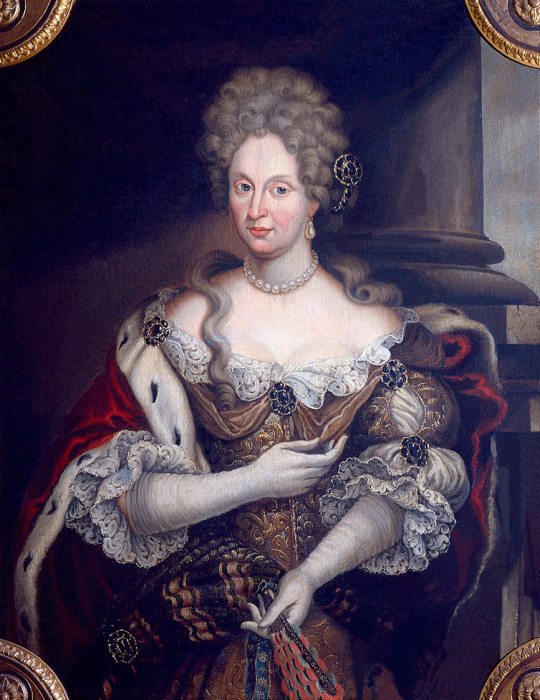
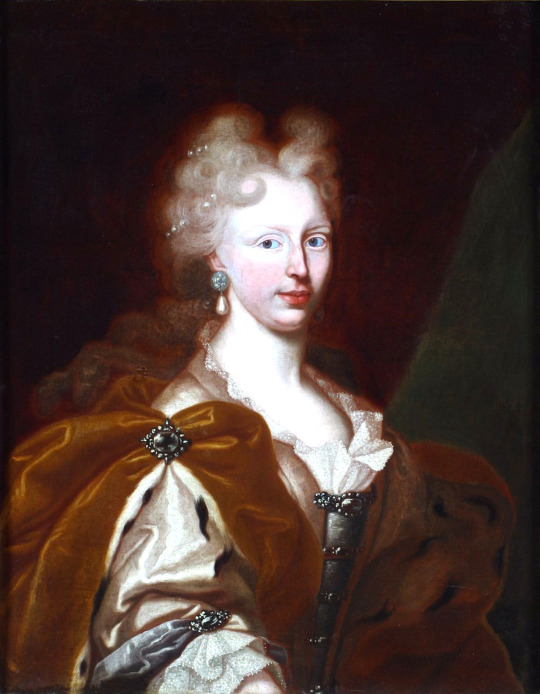
Late Louis XIV & Baroque fashion -
Top: ca. 1688 François de Troy - Lady Mary Herbert, Viscountess Montagu, previously the Hon. Lady Richard Molyneux and later Lady Maxwell, as Diana (Coughton Court, Warwickshire). From tumblr.com/blog/view/costumedufilm; fixed spots & wrinkles w Pshop, 947X1200 @72 277kj.
Second row left: 1690s Lady by Alexis Simone Belle (Hermitage). From their Web site 1434X1880 @72 832kj.
Second row right: Lady, formerly called Mrs. Deshoulieres by Nicolas de Largilliere (location ?). From tumblr.com/blog/view/sims4rococo76; erased spots & blurred cracked areas w Pshop 1204X1500 @72 550kj.
Third row: Élisabeth Charlotte of Bourbon-Orléans (1676-1744) by François de Troy (location ?). From roehenstart.tumblr.com/image/689983062298263552 1065X1500 @72 472kj.
Fourth row: 17th century Madame de Rignac by workshop of Nicolas de Largillière (location ?). From anticstore.art-92195P; erased spots w Pshop 2452X3057 @150 1.3Mj.
Fifth row left: Sophia Dorothea, Queen of Prussia by ? (location ?). From tumblr.com/blog/view/papered-in-rose-toile; enlarged to fits screen 996X1200 @72 226kj.
Fifth row right: 1700-1710 Dorothea Sophie von Neuberg by Parmese school (Galleria Nazionale di Parma - Parma, Emilia-Romagn, Italy). From tumblr.com/lenkaastrelenkaa; erased many spots w Pshop 866X1123 @72 825kj.
Bottom: Dorothea Sophia of Palatinate-Neoburg (1670-1748) after Giovanni Maria delle Piane (Stadtmuseum Düsseldorf - Düsseldorf, Nordrhein-Westfalen, Germany). From tumblr.com/roehenstart 1280X1644 @72 553kj.
#1680s fashion#1690s fashion#1700s fashion#late Louis XIV fashion#late Baroque fashion#Mary Herbert#Viscountess Montagu#François de Troy#fripon curls#curly coiffure#Swiss belt#Alexis Simone Belle#full over-sleeves#lace cuffs#Nicolas de Largilliere#Élisabeth Charlotte de Bourbon-Orléans#Madame de Rignac#Königin Sophia Dorothea#vee neckline#Dorothea Sophie von Neuberg#Giovanni Maria delle Piane
38 notes
·
View notes
Text
Maybe an unpopular opinion but I wish they would finally stop only making movies and series of the tragic life of Sisi (Empress Elizabeth in Bavaria) and look for other interesting royal German/ Austrian or German speaking ladies/ queens like for example Queen Luise of Prussia (and her sister Charlotte, both being from the house of the dukes of Mecklenburg-Strelitz and having very interesting lifes) or Isabelle/ Elisabeth, called "Isabeau de Bavière" (from the House of Wittelsbach-Ingolstadt), wife of the so called mad French King Charles VI, mother of King Charles VII and Queen Catherine of England (first wife of Henry V of England, then married to Owen Tudor and mother of Henry VI).
Or St. Elizabeth of Thuringia/ Hungary who lived a life for the poor after she lost her husband, Ludwig/ Louis IV, the landgrave of Thuringia, in the 6th crusade (1227) and is among the most renowned Catholic saints.
I would also name Catherine the Great of Russia (Sophie of Anhalt-Zerbst) but there is a Russian series about her life and the one with Helen Mirren.
Then the famous St. Hildegard of Bingen, a famous and influential woman of the Middle Ages to this day in so many ways. Yes, there was a German movie about her some years ago but I don't think that it is widely known.
Then "Liselotte von der Pfalz" as Germans do call her, the Madame Palatine, wife of Philippe of Orlèans, brother of King Louis XIV aka the "sun king". She wrote a tremendous amont of letters in her life, leaving behind so much information about the court of the "sun king" that historians can only be thankful to her. Yes, there was the series "Versailles" but that wasn't quite an accurate one.
At least Maria Theresia of Austria, mother of Queen Marie Antoinette and King Joseph II got a series some years ago, cause let us face it, that woman was a great one. As a child it always impressed me wildly how many children she and Luise of Prussia got. It seemed insane to me.
With this I want to say: There is more got stuff about great German/ Austrian/ German speaking ladies out there. Wayyyy more.
And it angers me that it does not get depicted.
Only our tragic or as "weak/ bad" considered ladies do get some recognition like Sisi, Marie Antoinette or Tsarina Alice of Hesse. That is sad.
https://en.m.wikipedia.org/wiki/Isabeau_of_Bavaria
https://en.m.wikipedia.org/wiki/Elizabeth_of_Hungary
#the empress#elizabeth of austria#empress sisi#luise of prussia#charlotte of prussia#st. elizabeth of thuringia#st.elizabeth of hungary#isabeau de bavière#catherine the great
20 notes
·
View notes
Text
THIS DAY IN GAY HISTORY
based on: The White Crane Institute's 'Gay Wisdom', Gay Birthdays, Gay For Today, Famous GLBT, glbt-Gay Encylopedia, Today in Gay History, Wikipedia, and more …


1372 — England: King Edward II is killed. The King was rumored to have had an affair with Hugh Despenser. Edward also had a close and controversial relationship with Piers Gaveston who had joined his household in 1300. The precise nature of Edward and Gaveston’s relationship is uncertain; they may have been friends, lovers or sworn brothers.


1640 – Philippe I, Duc d'Orléans (d.1701) was the second son of Louis XIII of France and Anne of Austria, and thus the younger brother of Louis XIV of France. He was known as Monsieur at the French court, Monsieur becoming the traditional name of the King's eldest brother from 1660. He was born at St Germain-en-Laye.
In 1661, he was made Duke of Orléans, and married his first cousin Henrietta Anne Stuart, sister of Charles II of England, also known as 'Minette'.
Traditionally, in the French court, a king's younger son was not given significant responsibility, and Philippe was no exception. His mother discouraged him from traditionally male pursuits such as arms and politics, and encouraged him to wear dresses, make-up, and to enjoy traditionally feminine pursuits. This was part of Queen Anne's effort to distract Philippe from challenging his older brother's rule and position.
As an adult, Monsieur continued to enjoy wearing feminine clothing and fragrances, but also proved to be a brave and competent commander in the field. He fought with distinction in the 1667 promenade militaire against Flanders during the War of Devolution, though he hastened back to his life at court immediately after victory was assured. Monsieur resumed military command in 1672, and in 1677 won a great victory at the Battle of Cassel and took St Omer. Louis XIV, it was said, was jealous of his brother's success, therefore Monsieur never commanded an army again.
Monsieur's favorites, invariably handsome young men, dominated contemporary and historical commentary about his role at court, particularly one man who shared his princely rank and much of his life: Philip of Lorraine-Armagnac was three years younger than Philip of Orléans. Handsome, brutal and devoid of scruples, he was the great love of Monsieur's life. He was also the worst enemy of Monsieur's two wives...
As greedy as a vulture, this cadet of the French branch of the house of Lorraine had, by the end of the 1650s, hooked Monsieur as though harpooning a whale. The young prince loved him with a passion that worried Madame Henrietta and the court bishop, Cosnac, but the King understood that, thanks to the attractive face and sharp mind of the good-looking cavalier, he would have his way with his brother.
Under these circumstances it is no surprise that Monsieur's first marriage was unhappy. In January 1670 his wife prevailed upon the King to imprison the chevalier, first near Lyon, then in the Chateau d'If, and finally banish him to Rome. But by February Monsieur's protests and pleas persuaded the King to restore him to his brother's entourage. The death of the Duchess in the following June was popularly attributed to poison.
His second arranged marriage was to 'Liselotte' Elisabeth Charlotte, daughter of Charles Louis, Elector Palatine of the Rhine Whereas Monsieur's first wife had been known for beauty, charm and wit, no one accused Liselotte of those graces, and some said that this lack explained why she fared better with Monsieur than did his first wife. She gave him his only surviving son. She also became known for her brusque candour, upright character, lack of vanity, and prolific foreign correspondence about the daily routine and frequent scandals of Versailles.
Monsieur failed to stand up to Louis XIV's insistence on marrying his daughter Françoise Marie Monsieur's son and heir, Philippe d'Orléans. But when, years later, the King rebuked him for his son's indifference toward her, Monsieur defended his son with such vehemence that a footman felt obliged to enter the King's chamber to warn the royal brothers that their argument was being overheard by the entire court. Monsieur is the only man known to have raised his voice to the adult Louis XIV— though he did not live to see the King again.
Monsieur was an art collector and perhaps also a shrewd investor. Monsieur enjoyed court life, gambling, chasing young men, and ceremony. Despite the fact that his debts and dalliances often cost the King, the brothers spent much time together. Orléans' loyalty was never in question; but his unabashed effeminacy probably deprived him of the credit he deserved among his countrymen and in history. Louis XIV, however, seems to have fully appreciated their relationship, as he treated Monsieur, publicly and privately, with respect and leniency.
He died at Saint-Cloud in 1701 of an apoplectic fit brought on by his heated argument with the King.

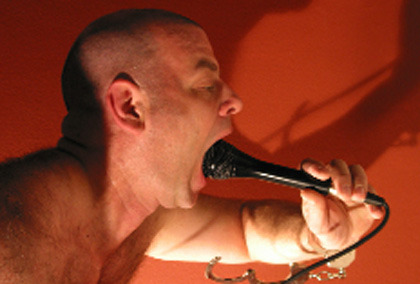
1968 – John Patrick Kamys, born in Chicago, IL, and better known by his stage name Jinx Titanic is an American composer, singer, songwriter, recording artist, and author, best known for his outrageous stage persona, and image as the beer-swilling, cigar-smoking, sexually-candid, lead singer of the eponymous rock band. Occasionally he will appear as a stage actor, movie actor, comedian, television personality, or host, and is also considered a notable member of the Queercore and Homocore movements.
Before taking on the persona and public life of Jinx Titanic, Kamys worked regularly in Chicago as a composer and songwriter. His first score for theater was written in 1994 for Teatro Vista's production of Romulus Linney's play Ambrosio.
In 1999, he also wrote and played the lead (Logan John) in the alt-country/Americana musical Future City Homosexual Tells All "about a small town boy trying to do the big town thing." at The Theater Building in Chicago.
Jinx Titanic, was born in May 2002 at a recording session at Chicago's Rax Trax Studios. Kamys had assembled four musicians to record under the band name Super 8 Cum Shot. He described the band as a "good-natured, bawdy and unforgettable punk/party/porno/pop experience," and dubbed its members, "the beer-swilling ambassadors of the orgasm." In keeping with the spirit of the band, each member was asked to choose a pseudonym. Kamys chose Jinx Titanic for himself. Super 8 Cum Shot Volume I was released July 31, 2002 with a performance and party at the historic Whisky a Go Go in Los Angeles, California. The original members of Super 8 Cum shot, performing on the recording are: John Kamys aka Jinx Titanic vocals, Jeff Kust aka G.I. Tarbaby Barbra guitar, Mitch Marlow aka Machine Gun Garafalo guitar, Chris Sewell aka Dax Malkovich bass, Timothy Ford aka Posey (t-mint) Parker drums.
In January 2005, Titanic, who is openly bisexual, was invited to play the Queer Lounge at the Sundance Film Festival. This event marked the beginning of his affiliation with the Q Television Network, and in June 2005 he began working as a guest host and regular correspondent for the network, continuing to do so until Q Television closed its doors in late 2006. During this period, while retaining a band, Titanic repositioned himself as the solo artist Jinx Titanic.


1983 – Scott Evans is an American actor, best known for his role as the police officer Oliver Fish on the ABC daytime soap opera One Life to Live. He is the younger brother of actor Chris Evans (Johnny Flame in The Fantastic Four; Captain America).
Evans began playing the recurring role of police officer Oliver Fish on One Life to Live on January 15, 2008. He subsequently appeared briefly on Guiding Light as Trey in 2008, and guest-starred as Woody Sage in the June 22, 2008 Law and Order: Criminal Intent episode "Betrayed" as well as the role of Ben in the October 21, 2008 Fringe episode "The Cure." Evans was also seen as Chad the Mail Clerk in the 2009 film Confessions of a Shopaholic.
Initially brought in to One Life to Live for five episodes, Evans returned several times. In July 2009, his character Oliver Fish became involved in a romantic relationship with another man. The storyline came to wider attention when Patricia Mauceri, an actress who had played a recurring role on the One Life to Live since 1995, was replaced after reportedly voicing personal religious objections to her character's involvement in his storyline. The Fish storyline on One Life to Live was canceled and Scott was let go. Evans was later outted as gay by his brother Chris.
Scott said of coming out:
You know, I have to tell you, I don't think I ever really had a thought process about being an out actor. I came out when I was 19-years-old, and then I became an actor. I didn't want to be one of those people who goes back into the closet and tries to hide because I knew it would come out. With the success of my brother, I didn't feel it was necessary to hide it once I'd come out. I'm an out person, as opposed to an out actor, I suppose.

1998 – “Will & Grace,” the first prime-time program to feature openly gay lead characters, premiers.

2003 – Soldier’s Girl, a film based on a true story about solider in love with a transsexual woman, is nominated for an EMMY.

2010 – Dan Savage and husband Terry Miller upload their first It Gets Better video on YouTube, to help prevent suicide among LGBT youth. Dan is an American author, media pundit, journalist, and activist for the LGBT community. He writes Savage Love, an internationally syndicated relationship and sex advice column. He has also worked as a theater director, sometimes credited as Keenan Hollahan.


2 notes
·
View notes
Text
Elizabeth Charlotte, Madame Palatine.
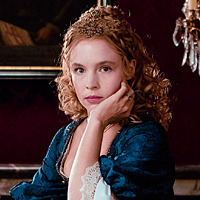
Daughter of an Arl. The only full blooded daughter between her father and his first wife, her mother. Her father would go on to discreetly divorce her mother and remarry, leaving Liselotte with a step-mother and 13 half siblings.
( "And everyone thought the Pollards were positively prolific!" she'd smartly say, leaving Red to laugh with no regrets. )
Her older and full brother is set to inherit every inch of responsibility but this does not mean Elizabeth Charlotte ( affectionately 'Liselotte', and even more so, 'Lissy' ) has sat still. She has always been ready to run with the men and reach for everything in her ladylike grasp, with good humor to match.
She shares relations to the Howards down the line ( the aunt of a cousin of a someone ) and did know Franklin and Charlie quite well. She was in full support of their horse business endeavors, helping to test out a mare or two ( at full gallop, riding with two feet in the stirrups and not sleekly in a side saddle ). Liselotte will tell you she was scolded for racing down boars with the boys, though she was never allowed to shoot anything. Charles Howard Sr acts as a freeholder for Liselotte's father.
Magic has been proven to bounce through their bloodline, mostly through her father's branch. Liselotte never showed any abilities.
2 notes
·
View notes
Text
Be careful what you say around your kids...
Recently, I stumbled across this sad parallel between Sophie of Hannover and her niece Liselotte, Princess Palatine.
This first excerpt is from Sophie's autobiography. The following exchange happened at her mother's court in The Hague when she was between 9 and 11 years old and being compared to her little brother Gustavus Adolphus of the Palatinate (1632 – 1641):

Adolf Köcher [ed.], Sophie, Hannover, Kurfürstin: Memoiren der Herzogin Sophie nachmals Kurfürstin von Hannover, Leipzig 1879, p. 35.
[...] that Madame Gorin said, mustering us both, my little brother and I: "He is very handsome, but she is scrawny and ugly: I hope she does not understand English." But I only understood it too well to be agrieved, and I was quite sad, since I thought my deficiency to be without remedy.
From around 1640, let's skip to the winter of 1659/1660, when Sophie, then in her late 20s and pregnant with her first child, was back in The Hague visiting her mother, this time with her little niece Liselotte (1652 – 1722) in tow.
The following is an excerpt from a letter written by Elizabeth Stuart, ex-Queen of Bohemia, Sophie's mother and Liselotte's grandmother to her son Karl Ludwig, Elector Palatine, Liselotte's fater:
There was last night a sad business betwixt your sister [Sophie] and Lisselotte. She saide in English, that her brother [Karl, 1651 – 1685] had a better face than she had, which she vnderstood and manie a teare was shed for it, but I maintained that she had the better face, which must [most] ioyed her.
In: Dirk Van der Cruysse, "Madame sein ist ein ellendes Handwerck." Liselotte von der Pfalz – eine deutsche Prinzessin am Hof des Sonnenkönigs, Munich 1997 (4th ed.), p. 77f.
It's sad and quite telling to think that Sophie committed the same error as the adults of her own childhood, although perhaps Madame Gorin was more foolish in assuming that Sophie, whose mother was a Stuart and appears at least in private to have conversed with her children exclusively in English, could not speak English than the grown Sophie when she supposed that Liselotte did not know the language, seeing as she never received any formal instruction and had only been around her grandmother for a few weeks at this point.
It is however interesting to note that Liselotte appears to have at least had a working basic understanding of English and was a passable passive speaker, at least when a child visiting her English grandmother in The Hague.
This may have come in handy if she had not been married to the Duke of Orléans, since, had she remained a Protestant, Liselotte would have taken precedence over Sophie and her heirs in the Act of Settlement, seeing as she had one more male ancestor in the direct line.
Liselotte might even have been happy to accept a crown, seeing as she professed that she would rather have been born a boy, so she could succeed her father as Elector. ...And why be just a measly Elector if you could be Queen?
Elisabeth Charlotte I, the best Queen England never had-- and who at age 16 together with her aunt Sophie tried to convince her father that she really should be permitted to marry a certain young Dutchman by the name of William of Orange.
One wonders how history would have turned out had the Elector Palatine given in to Liselotte's wishes...
#sophie von hannover#liselotte#liselotte von der pfalz#madame palatine#17th century#18th century#elizabeth stuart#queen of bohemia#winter queen#william of orange#history#british history
20 notes
·
View notes
Photo
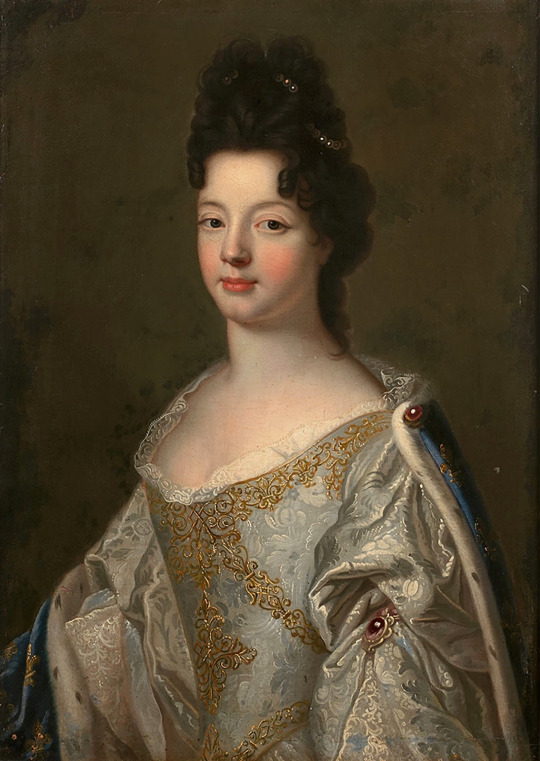
Portrait of Élisabeth Charlotte of Bourbon-Orléans (1676-1744). By François de Troy.
Élisabeth was a petite-fille de France, and Duchess of Lorraine and Bar by marriage to Leopold, Duke of Lorraine.
She was the daughter of Philippe I, Duke of Orléans (Monsieur) and of his second wife Elizabeth Charlotte, Madame Palatine.
#Élisabeth Charlotte of Bourbon-Orléans#duchesse de lorraine#maison de lorraine#duchy of lorraine#royaume de france#maison de bourbon#bourbon orleans#maison d'orleans#petite fille de france#François de Troy#mademoiselle de chartres
4 notes
·
View notes
Text
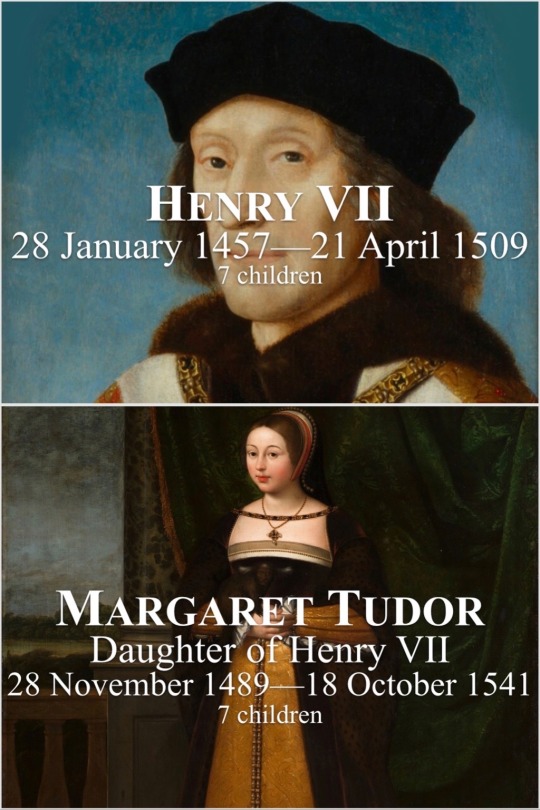




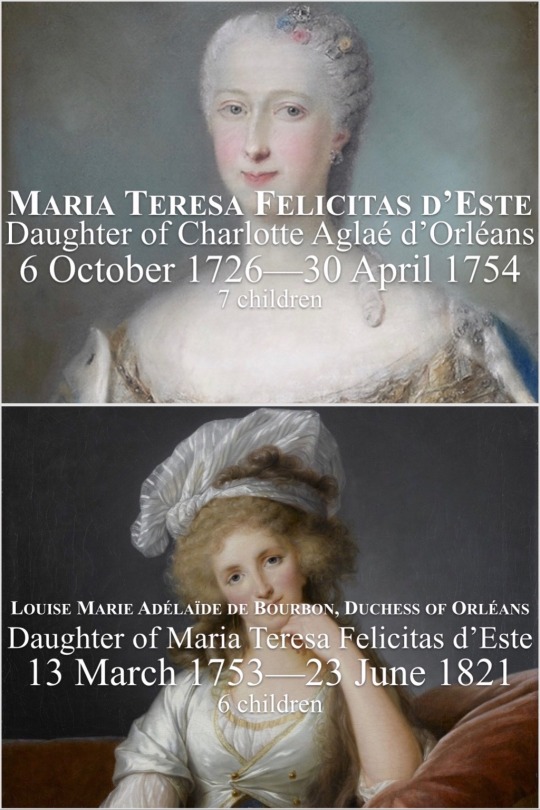
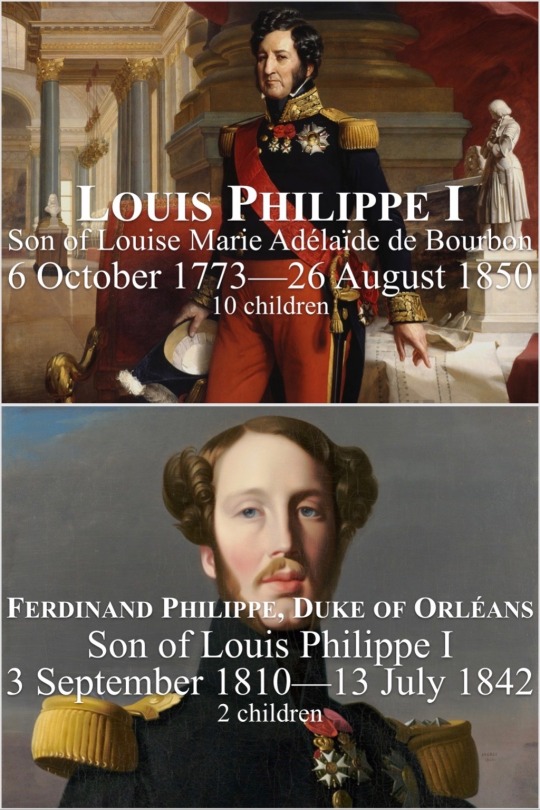
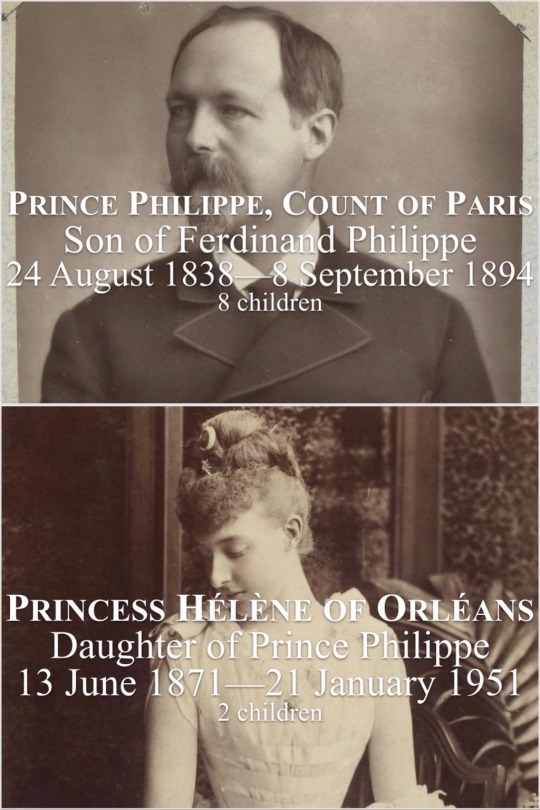
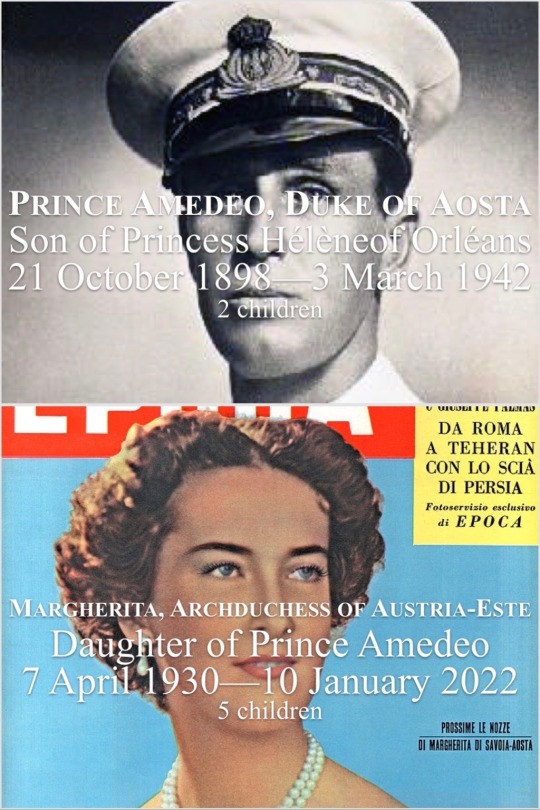
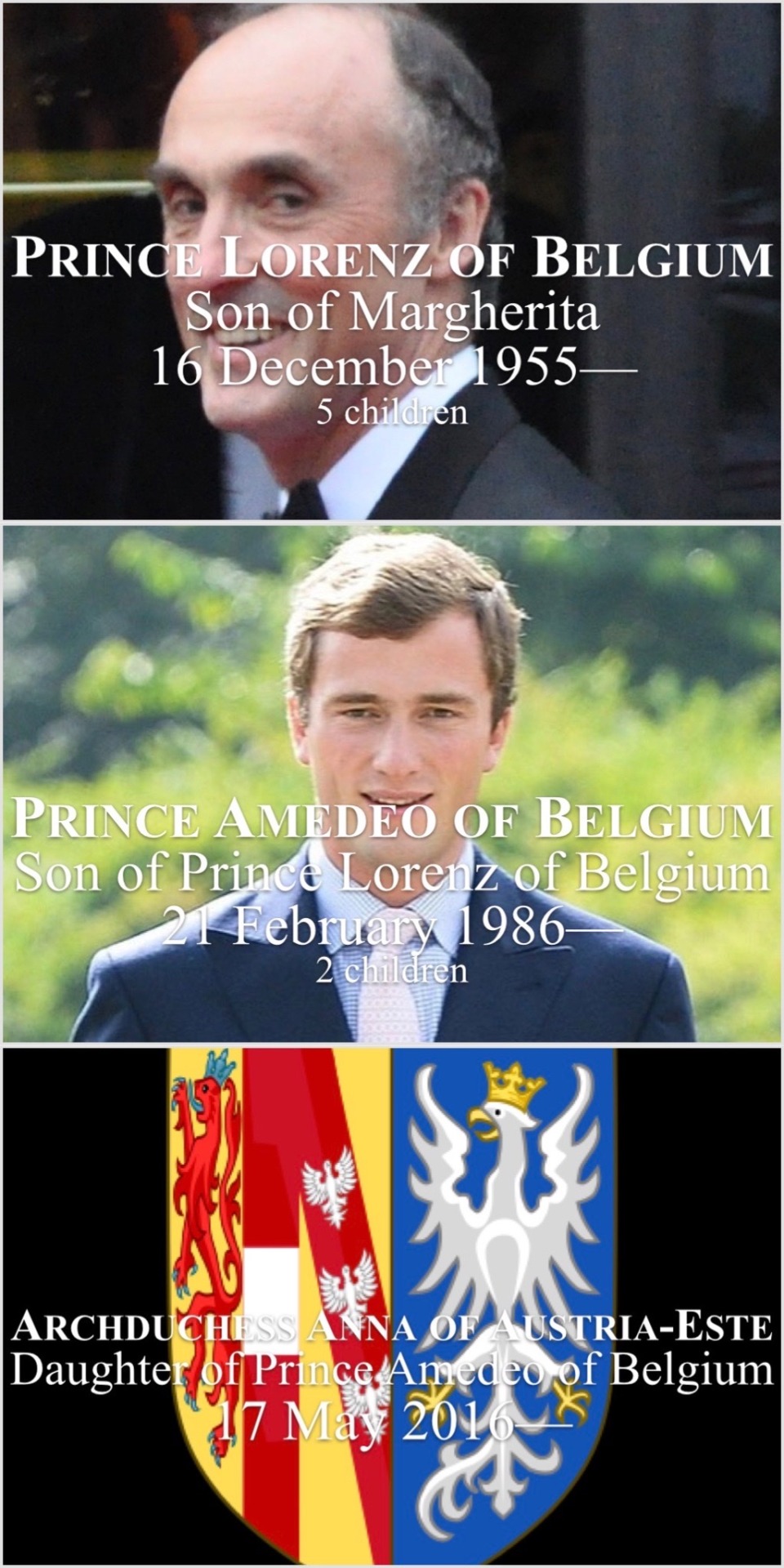
Descendants of the Tudors
#descendants of the tudors#henry vii#margaret tudor#james v#mary queen of scots#james vi and i#elizabeth stuart#charles i louis#elizabeth charlotte madame palatine#philippe ii duke of orléans#charlotte aglaé d’orléans#maria teresa felicitas d’este#louise marie adélaïde de bourbon#louis philippe i#ferdinand philippe duke of orléans#prince philippe count of paris#princess hélène of orléans#prince amedeo duke of aosta#margherita archduchess of austria este#prince lorenz#prince amedeo
4 notes
·
View notes
Note
Munday asks - 5 7 and 9!
Munday Asks // @hxdrostorm // Accepting!

is there any other muse in this fandom you RP? Already Answered
is there a muse you played on more platforms or in different moments of your life? Ever? Oh Lord, I’m going to miss some.(Bold if I still write) I’m sure. Okay, here we go. Sam Evans, Noah Puckerman, James Potter, Lily Evans, Harry Potter, Ted Tonks, Draco Malfoy, Alecto Carrow, Amycus Carrow, Barty Crouch Jr., Lucius Malfoy, Sirius Black, Numerous Gryffindor and Slytherin Marauders OCs, Lord Voldemort, Arthur Weasley, Marlene McKinnon, Jax Teller, Bobby Munson, Opie Winston, Lyla Dvorak-Winston, Winsome, Clay Morrow, Katherine Pierce, Elijah Mikaelson, Clark Kent/Superman, Ragnar Lothbrok, Alfred the Great, Louis XIV, Fabian Marchal, Chevalier de Lorraine, Madame Palatine, Bjorn Ironside, Kjetill Flatnose, Princess Snaefrid, Earl Haraldson, King Ecbert, Prince Aethelred, King Aethelwulf, Princess Judith, Father Cuthbert, Bobby Nash, Evan Buckley, Kyle Spencer, James March, Xavier Plympton and then the current list obviously, which I’ve listed some but others are Kai Anderson, Kevin Pearson, Luther Hargreeves, Michael Langdon, Tate Langdon. This is likely only a 1/4. I’m sure I’ve forgotten at least 100.
did you have muse you tried to play, but ended up dropping for various reasons? (the rpc wasn’t active, you lost interest, etc) A lot of my Versailles ones eventually because the fandom is super small, but I’ll never drop Louis. He’s my King forever and ever.
1 note
·
View note
Photo
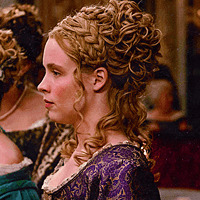
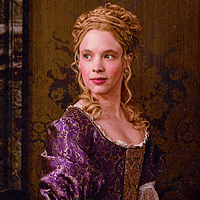
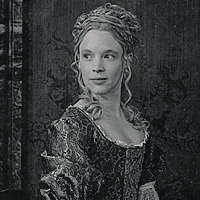
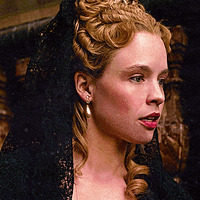
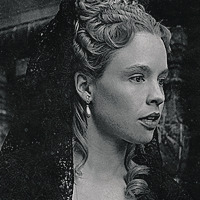
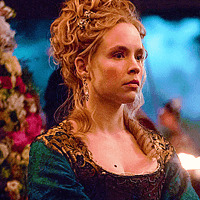
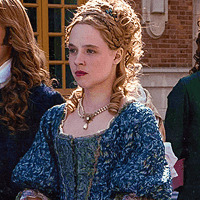
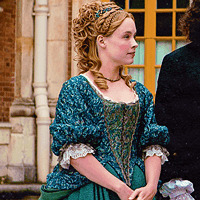
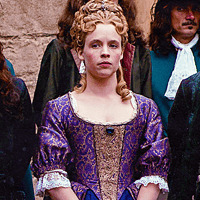
icons of Jessica Clark in Versailles (s3) as Elizabeth, the Princess Palatine
#versailles#elizabeth charlotte palatine#jessica clark#versaillesedit#jessicaclarkedit#princess palatine#madame palatine#princess liselotte#jessica clark icons#icons#*icons#*mine#n:50
96 notes
·
View notes